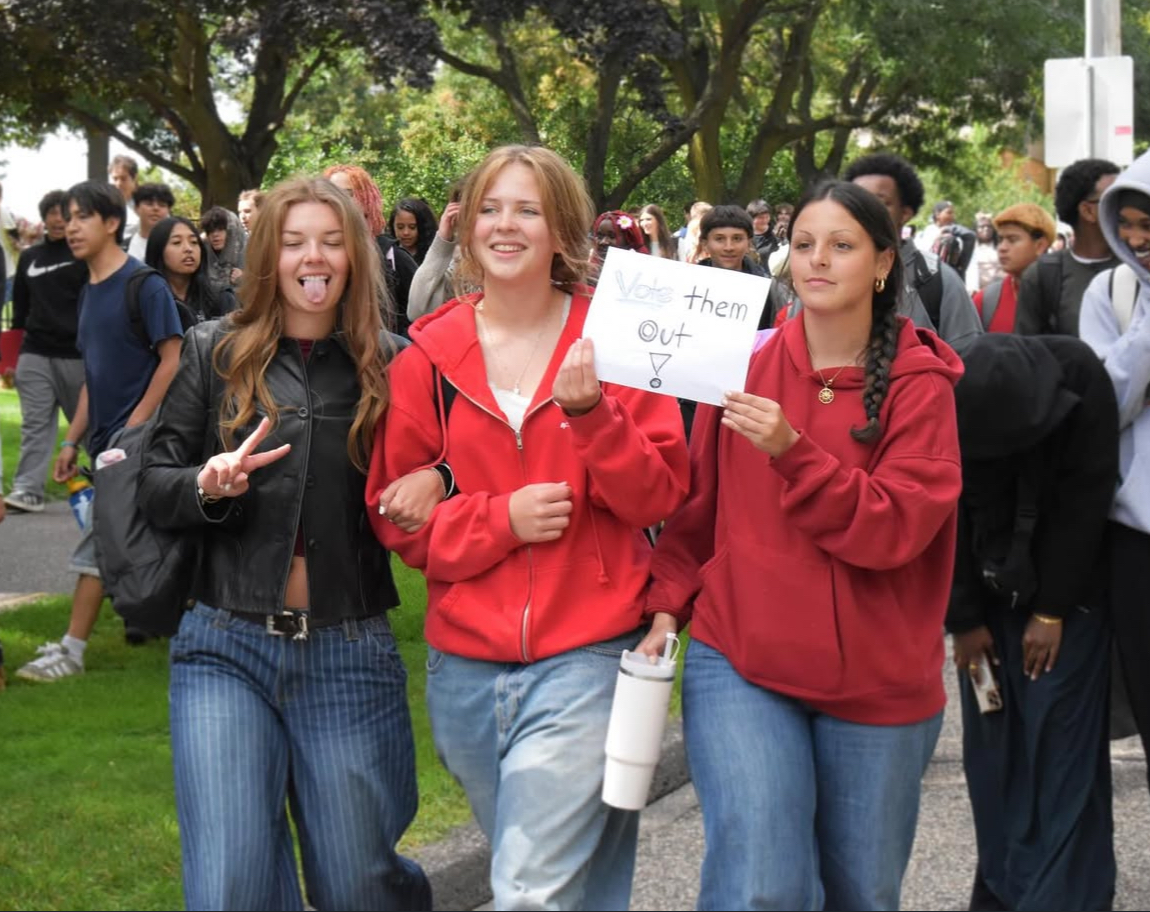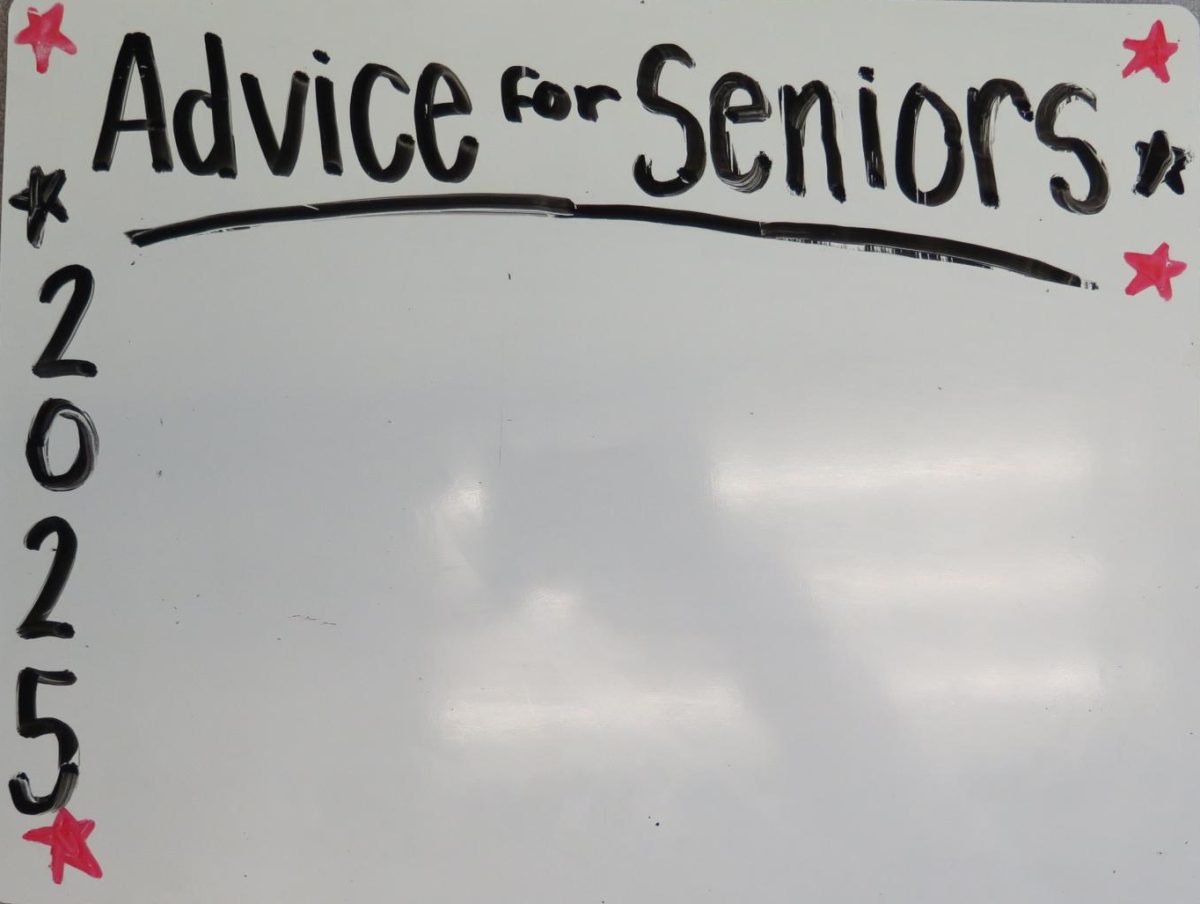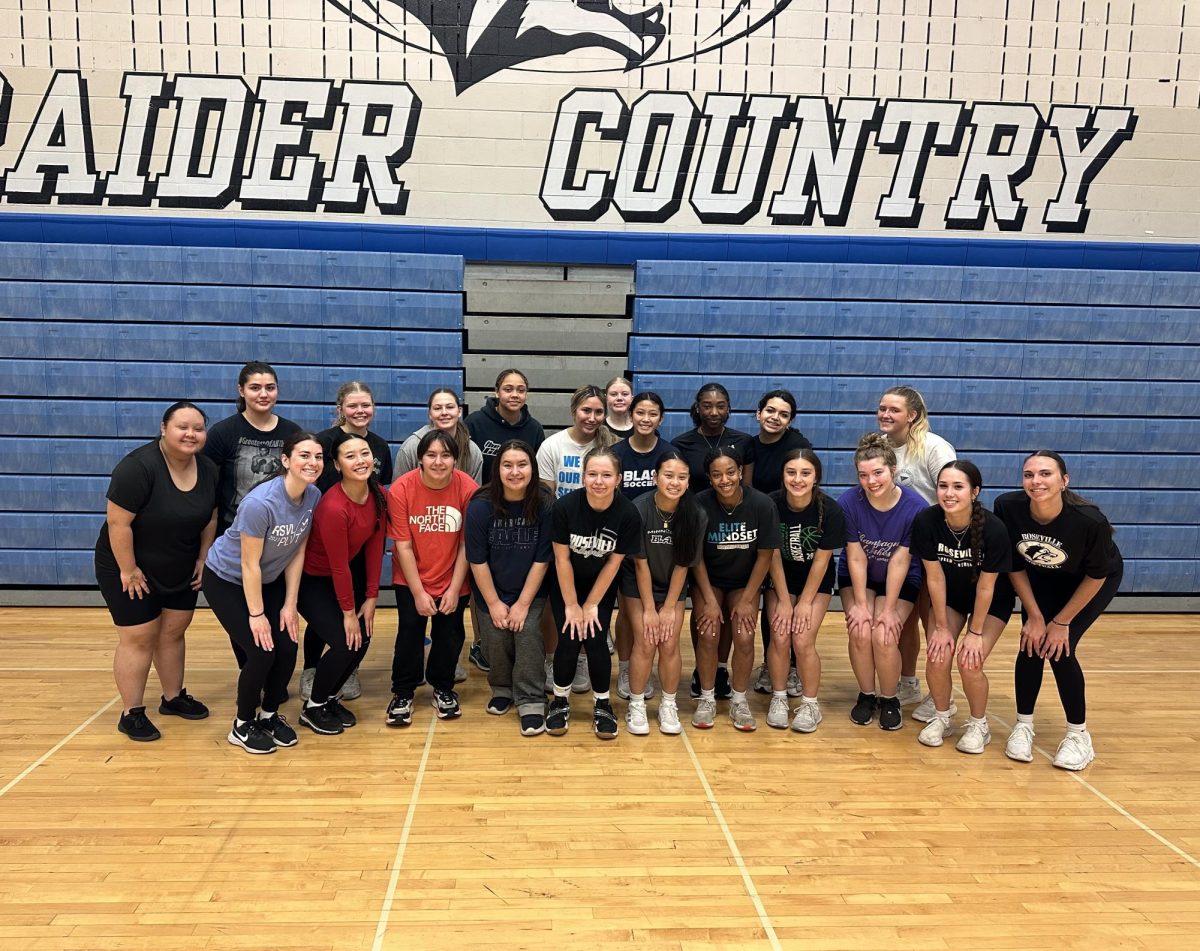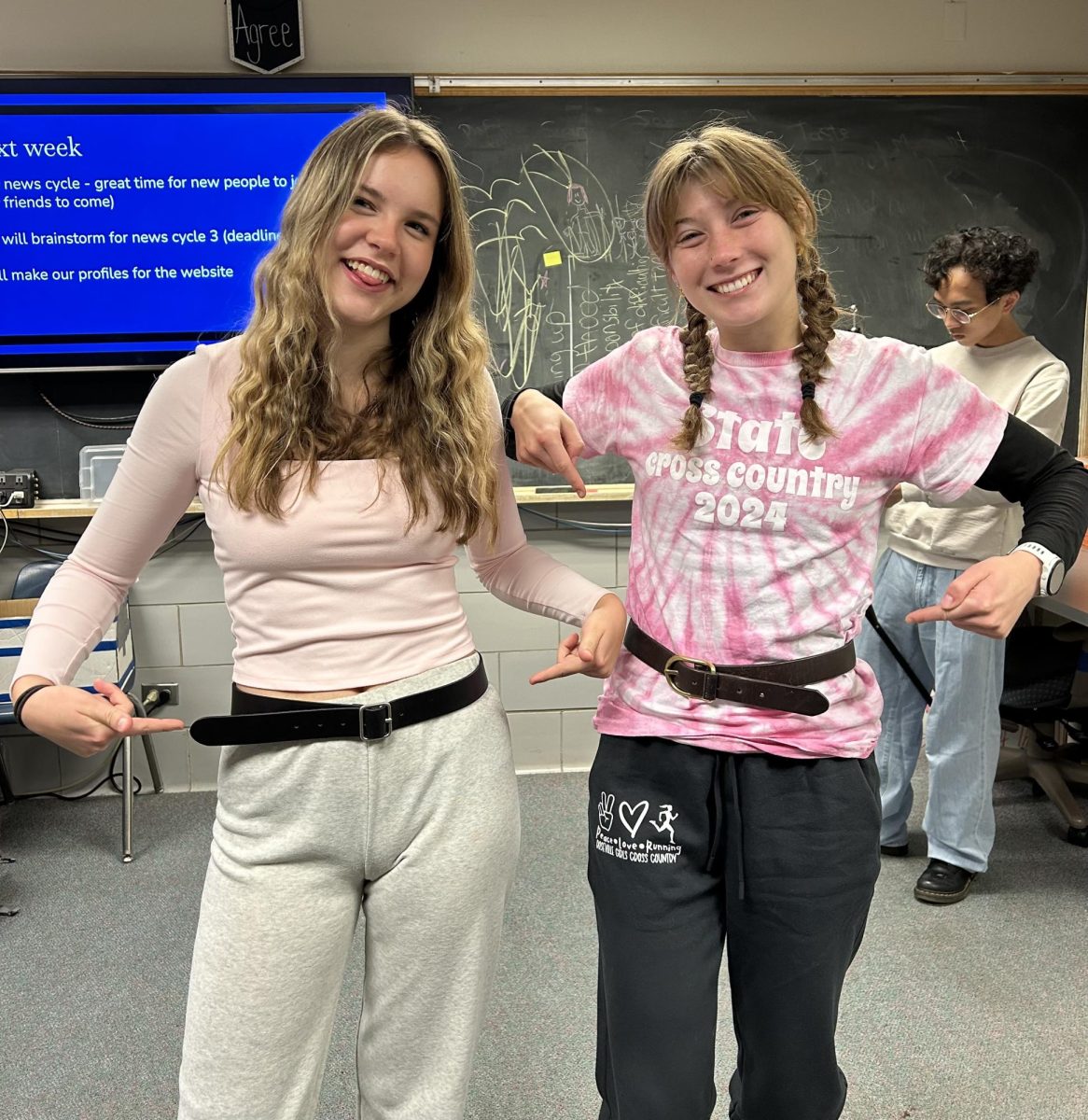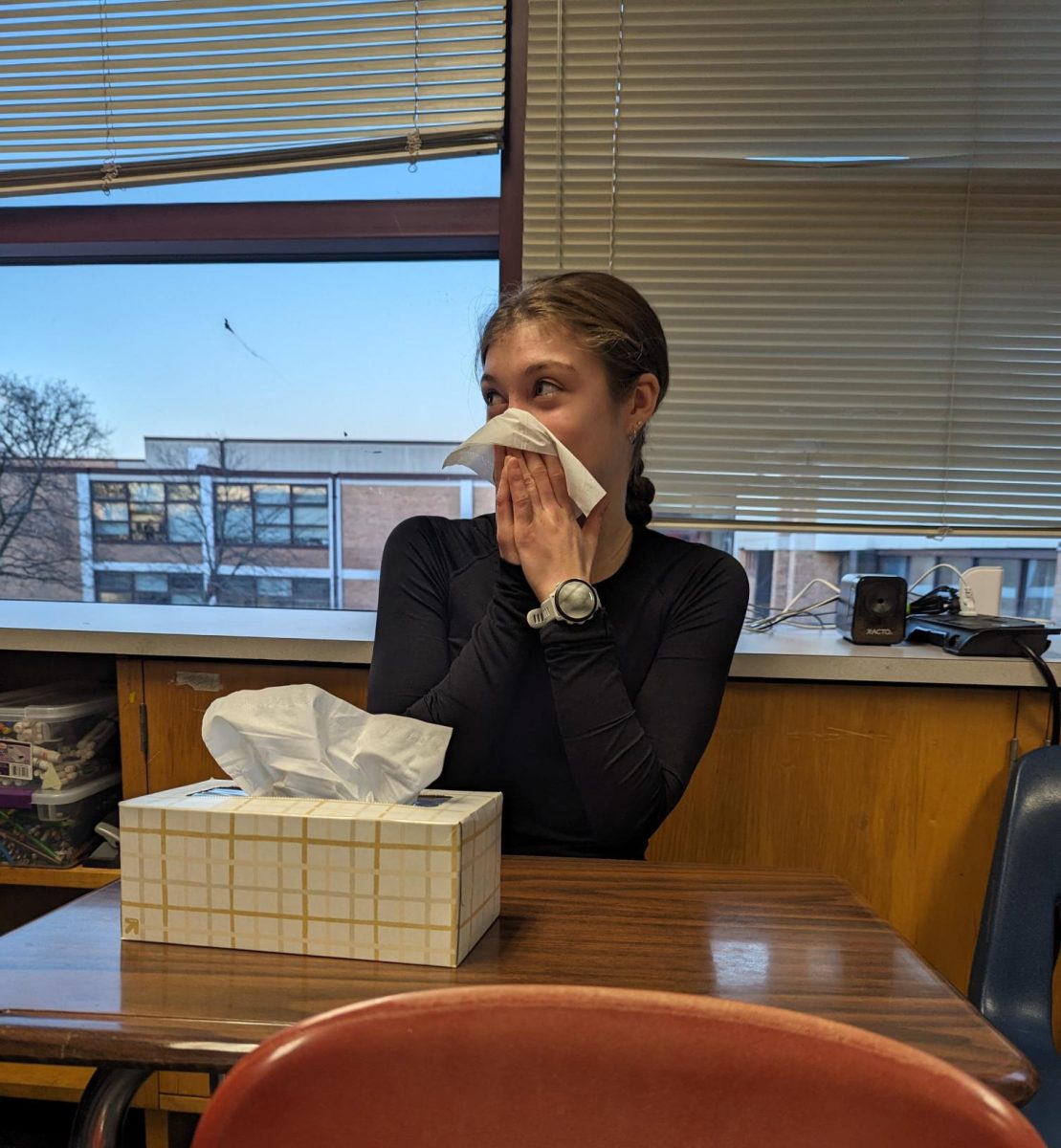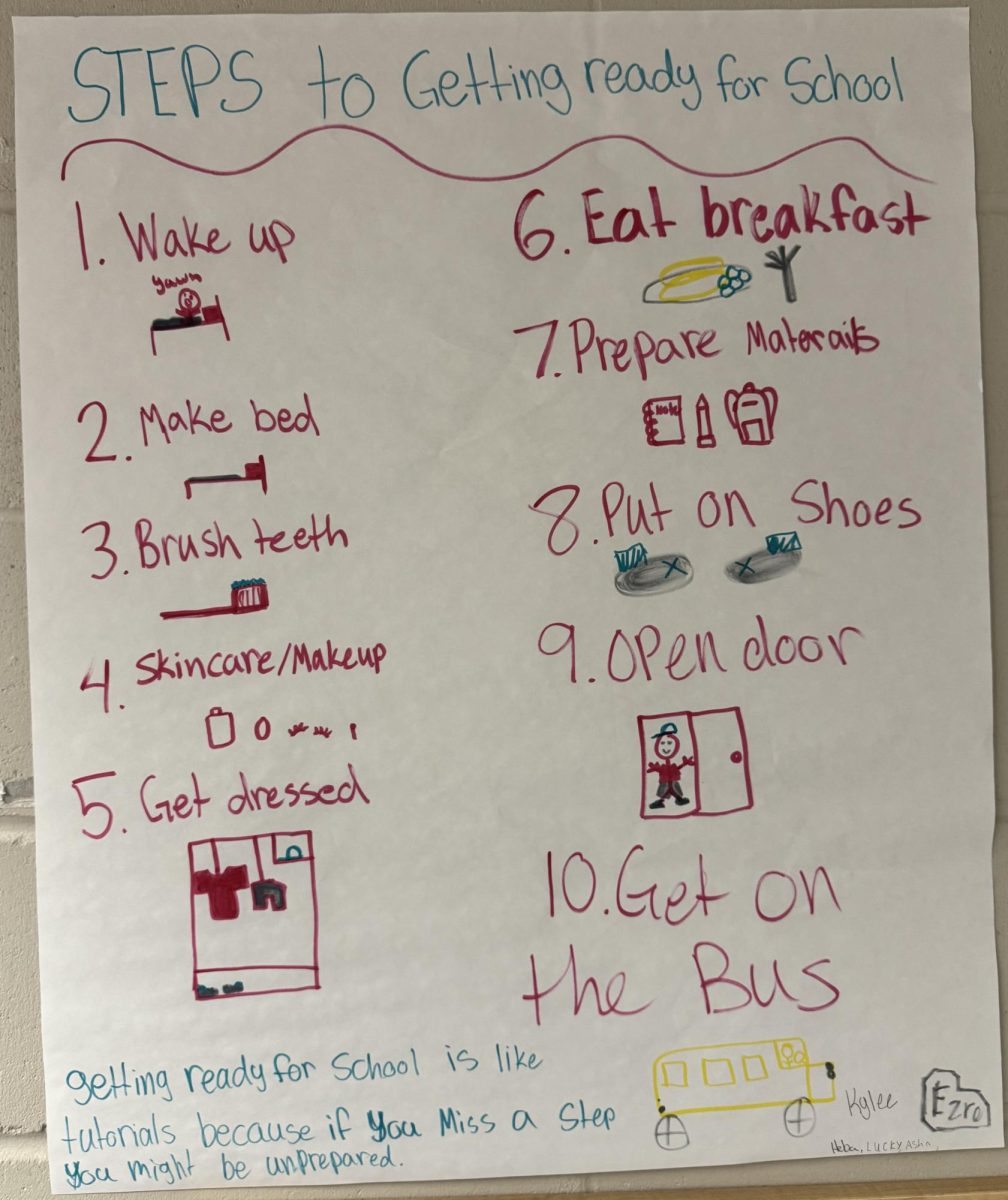As we make our way through the month of December and approach the new year, not only is holiday cheer amping up, but cases of the flu, colds, and COVID-19 are also on the rise. (Minnesota COVID cases saw a 50% increase after Thanksgiving.)
In colder states, people are more likely to stay inside and avoid the harsh weather. Unfortunately, this means respiratory illnesses spread faster and more easily. Although you cannot completely eliminate your chances of getting sick, there are many precautions and steps you can take to help prevent illness.
Wash Your Hands
Washing your hands consistently can kill germs and reduces risk of respiratory illness by up to 20%. This may seem like an unnecessary suggestion, but oftentimes people don’t wash their hands as much as they think they do or as much as they should. One study conducted by the USDA found that 97% of Americans either don’t wash their hands long enough or with soap.
Furthermore, high schools are a haven for germs, and it is important to either wash your hands or use hand sanitizer before going to lunch. Otherwise, the germs that your hands picked up from your desk, iPad, pencil, or other items, can easily be transferred to your body and increase your chance of getting sick.
Sleep More
For teenagers aged 13 to 18 years the recommended amount of sleep is eight to ten hours. Research shows that 70% of high schoolers do not get the amount of sleep they should. This can have many negative consequences, especially related to your immune system. A lack of sleep is shown to weaken your immune system, and people who consistently get less than seven hours of sleep are three times more likely to develop a common cold than those who sleep over eight hours every night.
Shifting your sleep schedule to be longer can be a daunting task, but doing small things like going to bed five minutes earlier everyday and not using your phone in bed can go a long way.
Exercise
Physical activity is another way to boost your immune system. It affects your white blood cells, which make up your immune system and help your body to fight disease cells. Furthermore, physical activity like cardio can flush out bacteria from your lungs and other parts of your body.
Exercise doesn’t have to be intense like running five miles or playing a sport for two hours; 20 minutes of walking everyday can go a long way. Additionally, not only does exercise prevent illness in the short term, it can lead to a healthier mind and body in general with benefits like reduced stress, better focus, and better sleep. It also lengthens your life expectancy!
Drink Water
Water is essential for every living organism on this planet so it’s no surprise it has multiple health benefits including preventing illness and speeding up your recovery process. Staying hydrated helps prepare your body to fight illnesses and water flushes out the toxins in your body.
Experts recommend that teenagers drink about 64 to 88 ounces of water everyday, and more if you’re physically active. If you struggle with staying hydrated, carry a water bottle around school and keep it in sight—you’ll find yourself reaching to take a sip multiple times per class.
Stay Home If You’re Sick
The best form of recovery from a cold is rest. Pushing your body to go to school and participate in sports or other activities will only make your recovery process longer and more difficult. Missing school and practice can be disappointing and create extra work to make up, but it is important to prioritize your health so you can put your full effort into the work you do.
Staying home while sick also stops you from spreading germs to other students. Taking this step helps create a healthier school in general.
Wear a Mask If You’re Sick
If you have no other option but to attend school or other public events while sick, wear a mask so you pose less of a risk to the people around you. The risk of spreading unhealthy germs when the carrier is wearing a mask is very low. Wearing a mask also prevents you from getting infected with any other illnesses, with a surgical mask reducing your odds of contracting COVID-19 by 66%.
Overall, there are many different healthy habits to develop that can contribute to a happier lifestyle free from annoying colds or the flu. If you find it difficult to implement all these aspects into your life, focus on two or three and you might see yourself getting sick less often or recovering from illness faster. Let’s all work towards a healthier RAHS!




